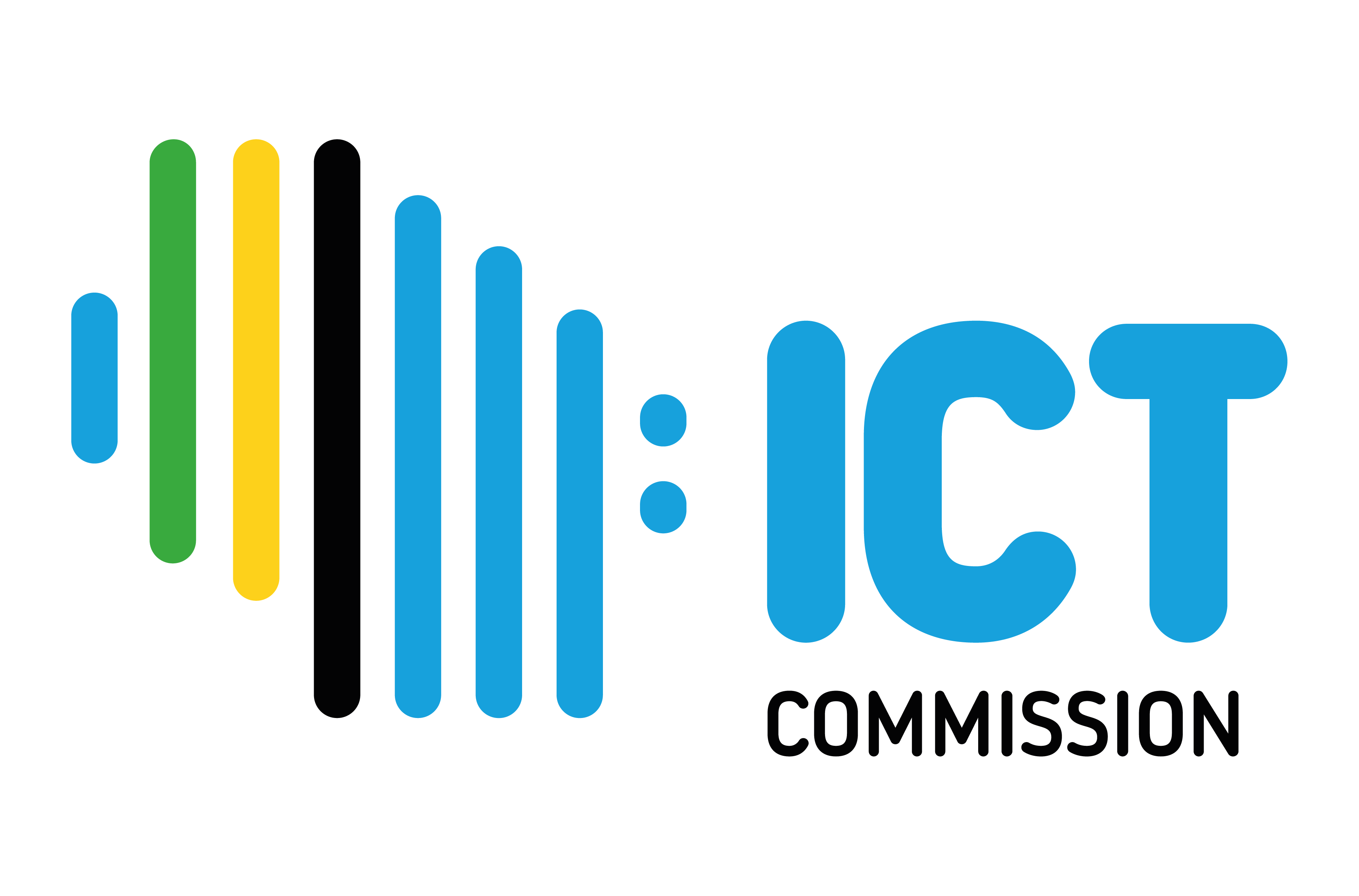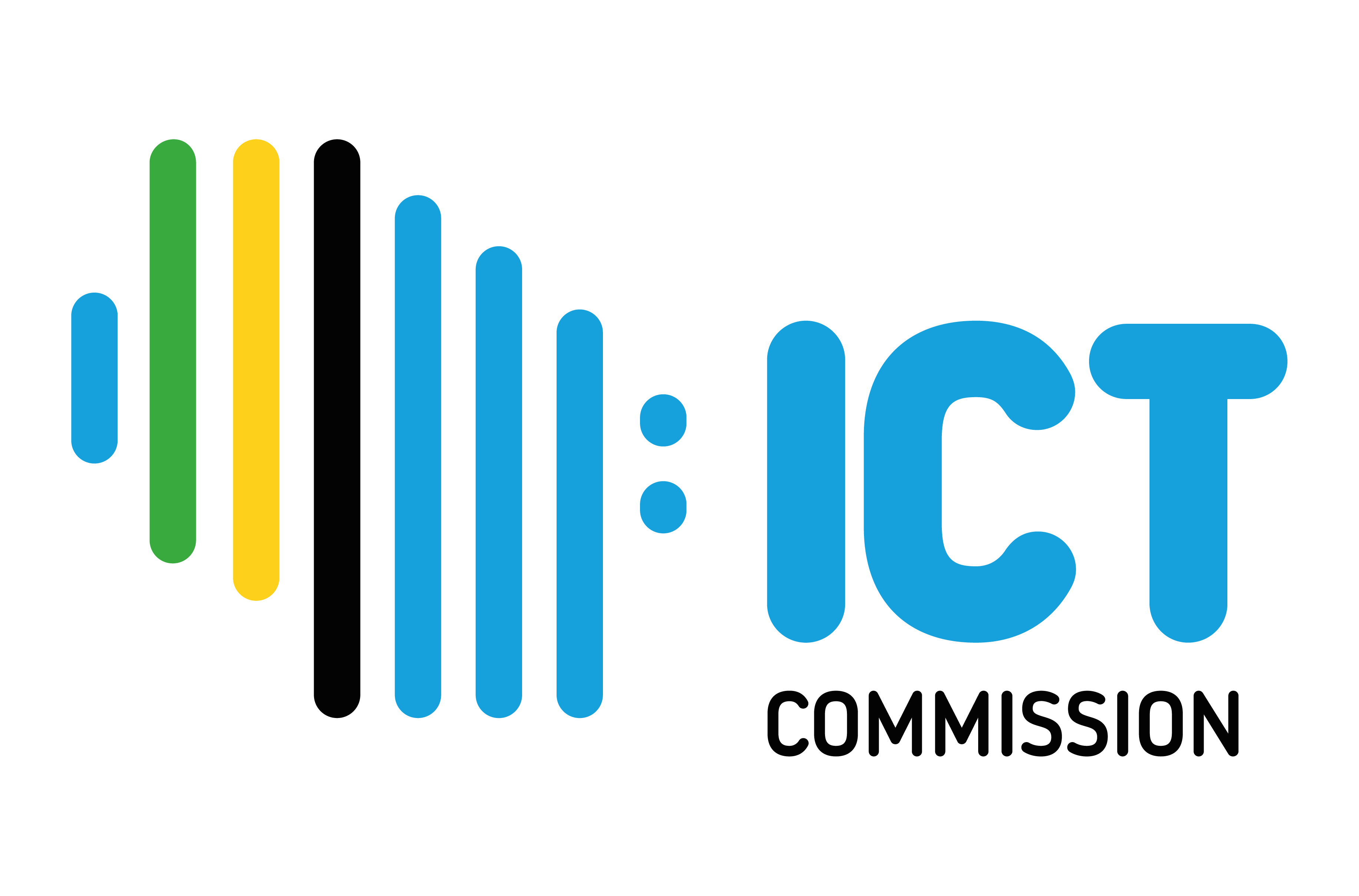Lessons from Estonia for the Digital Transformation in Tanzania 2023

Imagine a world where parents register a newborn baby as a citizen online from the hospital and in turn have a digital ID to manage their interactions with the country without queues, forms, and paper. Sounds like science fiction, right? It is already happening in Estonia.
In Estonia, 99% of all government services are provided online, 98% of prescriptions are written digitally, and 99% of the population has an electronic ID. With these indicators, it is not surprising that, according to the digital economy and society index of the European Commission in 2021, Estonia is first in the European Union in terms of digital public services.
The Estonian model could be of great interest to Tanzania. A report titled "Estonia: e-governance in practice," published by the US Development Bank (IDB) and the e-Government Academy (eGA), highlights the country's main achievements in the field of digital governance.
The report, prepared by eGA, aims to contribute and support the debate on digital transformation in different countries around the world. It discusses the significant accomplishments of Estonia in e-government and how other countries can learn from its experience.
Let us explore some key lessons that Tanzania can learn from Estonia's digital transformation:
Make Information Move, Not Individuals
The first advantage of digital public services is their low cost and high efficiency. Digital services, when properly implemented, provide a small and effective government. Estonia's approach was to "move the data rather than forcing people to move between institutions." This strategy is especially relevant for Tanzania, considering its economic and demographic limitations. By adopting this approach, Tanzania can achieve cost-effective and efficient public services.
The Difficulty in Gathering and Exchanging Data Between Ministries
Tanzania, like many other countries, faces the challenge of gathering and exchanging data between different government agencies. The abundance of data in various administrative organizations leads to duplication, hinders government action, and ultimately affects citizens.
Estonia has successfully addressed this issue by employing XRoad, its interoperability solution.
Tanzania can benefit from collaborating with Estonia to establish an ecosystem that facilitates the capturing and sharing of data across ministries and agencies.
Putting Technology to Work for Citizens
Tanzania should focus on expanding the reach of digital governance. This includes a variety of digital services, from e-commerce to digital identity platforms and cybersecurity.
The digitization of the economy can have a transformative impact, as seen in Peru, where 61% of people conducted their most recent transaction online. Embracing digital technologies can drive economic growth and enhance citizens' access to essential services.
Follow in the Footsteps of "Moko Jumbie" by Going Big, Bold, and Swift
Tanzania's establishment of the Ministry of Information, Communication, and Information Communication reflects its commitment to digital transformation.
Tanzania should aim to emulate the bold steps taken by Estonia and adopt a swift approach to digitalization. This will enable Tanzania to accelerate its progress and realize the full benefits of digital transformation.
Creating the Ideal Digital Government Requires More Than Just Technology
Technology alone is not enough for successful digital transformation. Tanzania must recognize that human talent is crucial for this process. It is essential to have expertise in various areas beyond engineering to design and implement user-friendly systems. Collaboration and multidisciplinary approaches will be vital to ensure the success of digital government initiatives.
Digital Inclusion is a Bet That Should be Taken to Reach All Corners of the Country
Inclusive digitization is crucial for Tanzania, considering that approximately 60 million citizens speak Swahili.
The National Digital Transformation Policy aims to make the entire population capable of utilizing digital citizenship. Mobile phones can serve as an effective tool for achieving this goal.
Tanzania can learn from Estonia's example of using the National ID as a universal system that provides access to various services.
Secure Online Activities
Protecting digital systems from cyber-attacks is a critical challenge. Tanzania should prioritize cybersecurity by planning preemptive measures and allocating resources for digital defense.
Estonia's expertise in cybersecurity can serve as a valuable model for Tanzania to enhance its security measures and safeguard its digital infrastructure.
Openness and Honesty
To build trust in the government's digital transformation initiatives, openness, honesty, and transparency are essential. Tanzania should engage in open discussions, educate citizens about digital transformation, and be transparent about the goals and progress of digital initiatives.
By involving the public and fostering trust, Tanzania can ensure the success of its digital transformation journey.
Tanzania has the opportunity to leverage Estonia's experience and expertise in digital governance. The recent collaboration between the e-Government Academy (eGA) and Tanzania through a signed Memorandum of Understanding (MoU) demonstrates the commitment to expanding the reach of digital governance in African countries. By adopting the right strategies and building a robust digital infrastructure, Tanzania can pave the way for a more accessible and efficient digital government, benefiting its citizens and driving economic growth.
In conclusion, the path to digital transformation requires careful planning, collaboration, and a comprehensive approach. Tanzania can draw valuable lessons from Estonia's success in digital governance. By implementing effective digital strategies, Tanzania can enhance its public services, promote economic growth, and empower its citizens in the digital era.


